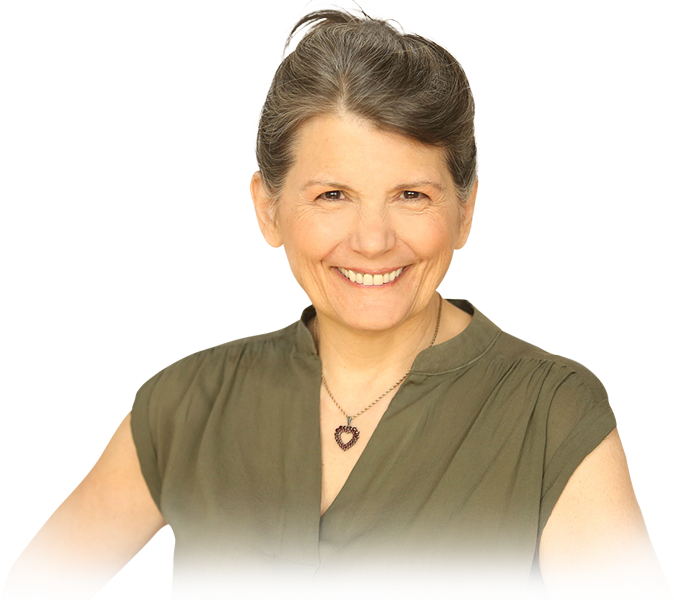
If you’re turned off by this topic, you may need to read this post more than you think.
One of the enormously complicated issues we face as somatic practitioners and healers is M-O-N-E-Y.
If you think you’re the exception, I’d bet you’re wrong.
Money issues can surface in a multitude of ways — maybe one of these is familiar to you:
- A client says he can’t afford your fees and you immediately offer to work for less.
- You believe that you’re not a ‘good enough’ practitioner because people won’t commit to working with you at the prices you ask.
- Someone offers to trade their services for yours, and you accept the trade even though you don’t want what she offers — and even if paying would cost less!
- You tell yourself that when you have more money, you’ll get the help you need to build your business.
- You lament that people who “have the money” don’t want your work, and you assume you would have to become someone you are not, in order to attract them.
- When it’s time to say what you charge, you want to run away or hide your head; instead, you just stop breathing.
To date, I haven’t found a single person who came to me for help with building a practice who didn’t have some kind of issue with money. To be honest, there are as many different stories around money as there are people, so if yours isn’t listed above, it doesn’t mean you don’t have one!
Here’s the thing: Whatever you haven’t dealt with in your own life will be impossible to help another person get over in their own. So just for the sake of argument, let’s take a very simple example.
Let’s suppose you have unresolved or unaddressed issues around money, and to avoid them, you lower your fees as soon as anyone says they can’t aford them. You tell yourself you’re doing it because you need the money or because the person needs the work, or for any other completely plausible reason.
The truth is, people say “I can’t afford it” when they don’t want to give the real reason. So let’s suppose a client comes to you and his really deep issue has to do with valuing himself, loving himself enough to spend money on what he really needs. And your work is exactly what he needs, but he doesn’t see that he’s worth it, so he won’t allow himself to spend the money.
Acting from what you tell yourself are unselfish motives, you offer to work with him for less. This validates his inner voice that tells him he isn’t worth it. If his internal disruption is severe enough, he may still decline to work with you. But even if you do work together, it’s unlikely he’ll get from the work what he could if you were able to stand in your own value and ask him to step up to the plate to take care of himself as he knows he needs to do.
Of course, there are always exceptions, and I am certainly not advocating you become a heartless money-grubber. But do keep in mind that Moshe Feldenkrais exhorted us daily to examine the habits that control our lives and keep us smaller than we are.
Becoming more of who you are means looking at money habits in the same light as any others that are keeping you from having the impact you’re here to make. And when you become more of who you are, you will be very attractive to the people who are willing to step up and commit to their own self-care.
~~~~~
Did this article make you think? Get email updates and practice-building help — it’s free!
Just enter your name and email address below.

